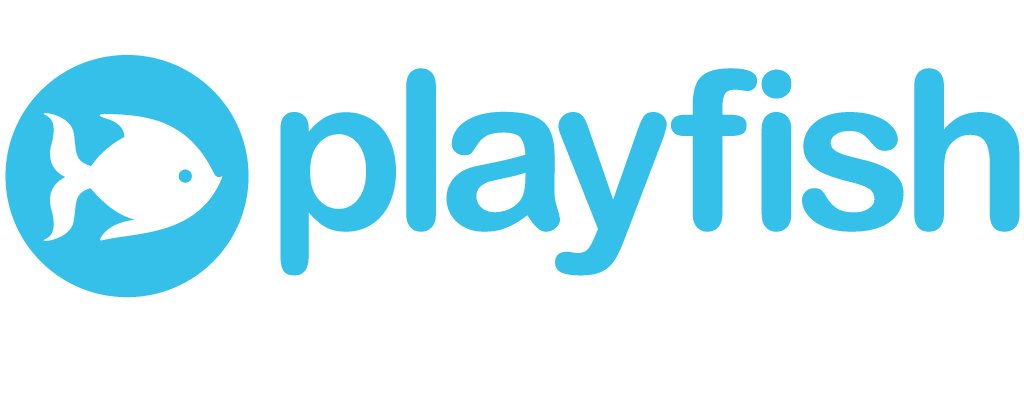 The mobile version of Tetris, the iconic game published by EA Mobile, has now clocked up in excess of 100m paid downloads, cracking a landmark that is arguably miles ahead of everything else. This in itself is to be lauded.
The mobile version of Tetris, the iconic game published by EA Mobile, has now clocked up in excess of 100m paid downloads, cracking a landmark that is arguably miles ahead of everything else. This in itself is to be lauded.
However, in the press buzz around this incredible achievement, I have not seen anyone reminiscing on what brought this franchise to EA Mobile, and the deals leading up to that are something not to be sniffed at either, so here’s to the people who made an audacious move in 2005 when they bought Blue Lava Wireless, the Hawaiian studio run by Henk Rogers (who is also the CEO of Blue Planet Software, which still controls the rights to the game), together with a 15-year license to the mobile game for a rather breathtaking $145m ($137m + c. $8m non-recoupable license advance to the Tetris Company in which Blue Planet Software holds 50%).
The company at the time was Jamdat who some people described as the only company ever to go public on the back of a bowling game (Jamdat Bowling was one of the first run-away successes in the mobile space). Jamdat had just floated on Nasdaq in a $86m IPO (here’s the original S-1) with its market cap at the end of the first day of trading standing at $439m (up 45% from opening). They had struggled a little outside North America (as per their S-1/A nearly 80% of their revenues were North American) and were hence pondering to leverage Tetris’ global appeal to grow their markets outside the US. And how well they did!
At the time, however, few people thought the transaction would amortize ever. This might have been besides the point since the amortization for the original Jamdat shareholders came soon by the $680m acquisition by EA but few people (me included) had thought that the mobile Tetris property could yield a positive ROI (in isolation) on the back of, effectively, one game. This is naturally grossly simplifying since the lever of Tetris into carriers Jamdat did not reach prior to that provided incremental growth across the portfolio but the fact that it appeared to being an extraordinarily rich deal remained.
I do no longer have my numbers on what was needed to provide a satisfactory return but, over the 15-year license term, I believe it stood somewhere around $225m. With 100m paid downloads, EA may very well be there already – and this after only 5 years or so (this is again a simplification since there were of course sales prior to the acquisition).
I therefore tip my hat to Mitch Lasky, Jamdat’s former CEO and now a General Partner with Benchmark Capital (his very enjoyable personal blog is here), who had the foresight and/or luck to score this deal and I bow before the success of Tetris!

 In my last post, I hinted that the
In my last post, I hinted that the  Why is this more significant? Because it is (like Google/AdMob) a cross-platform play that (unlike Google/AdMob) also expands the basis of business models deployed. Playfish derives the majority of its revenues from so-called virtual currencies, and in particular also from lead-generation deals (which recently have
Why is this more significant? Because it is (like Google/AdMob) a cross-platform play that (unlike Google/AdMob) also expands the basis of business models deployed. Playfish derives the majority of its revenues from so-called virtual currencies, and in particular also from lead-generation deals (which recently have